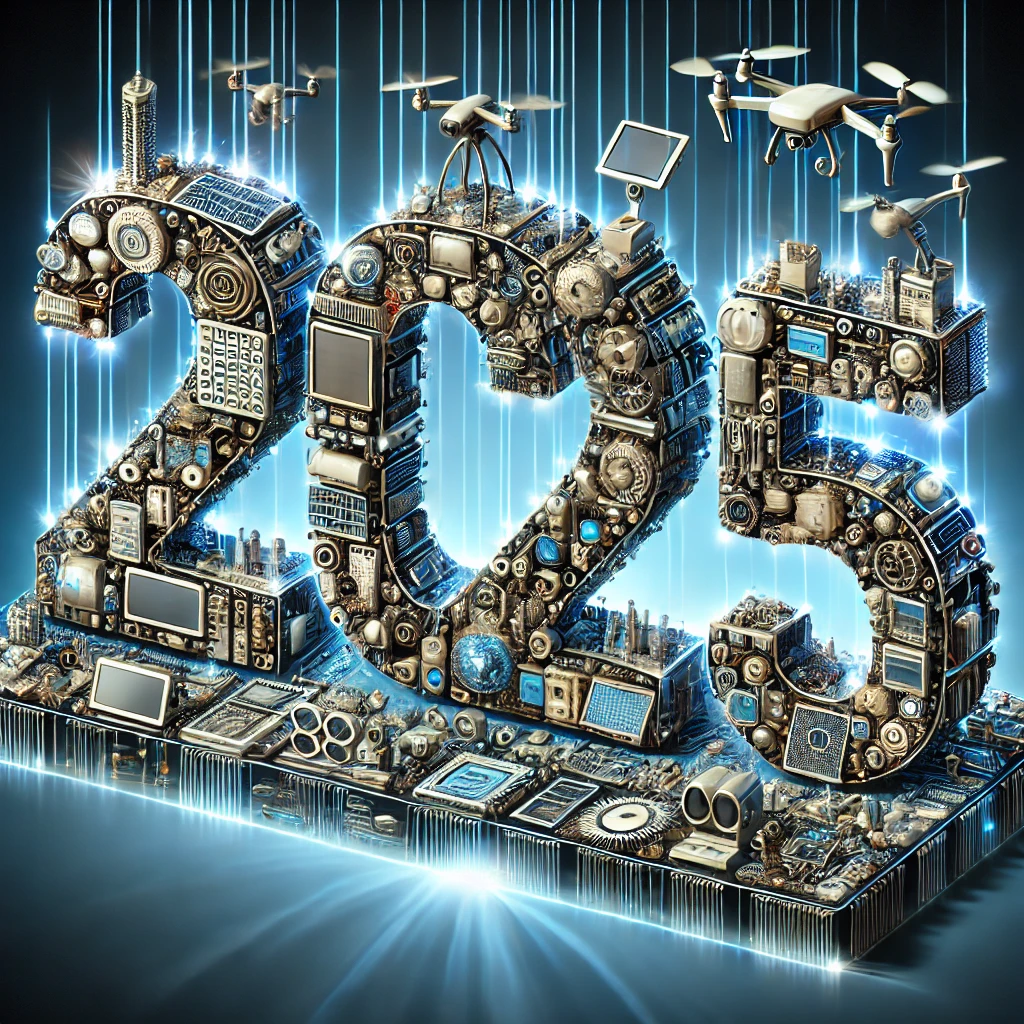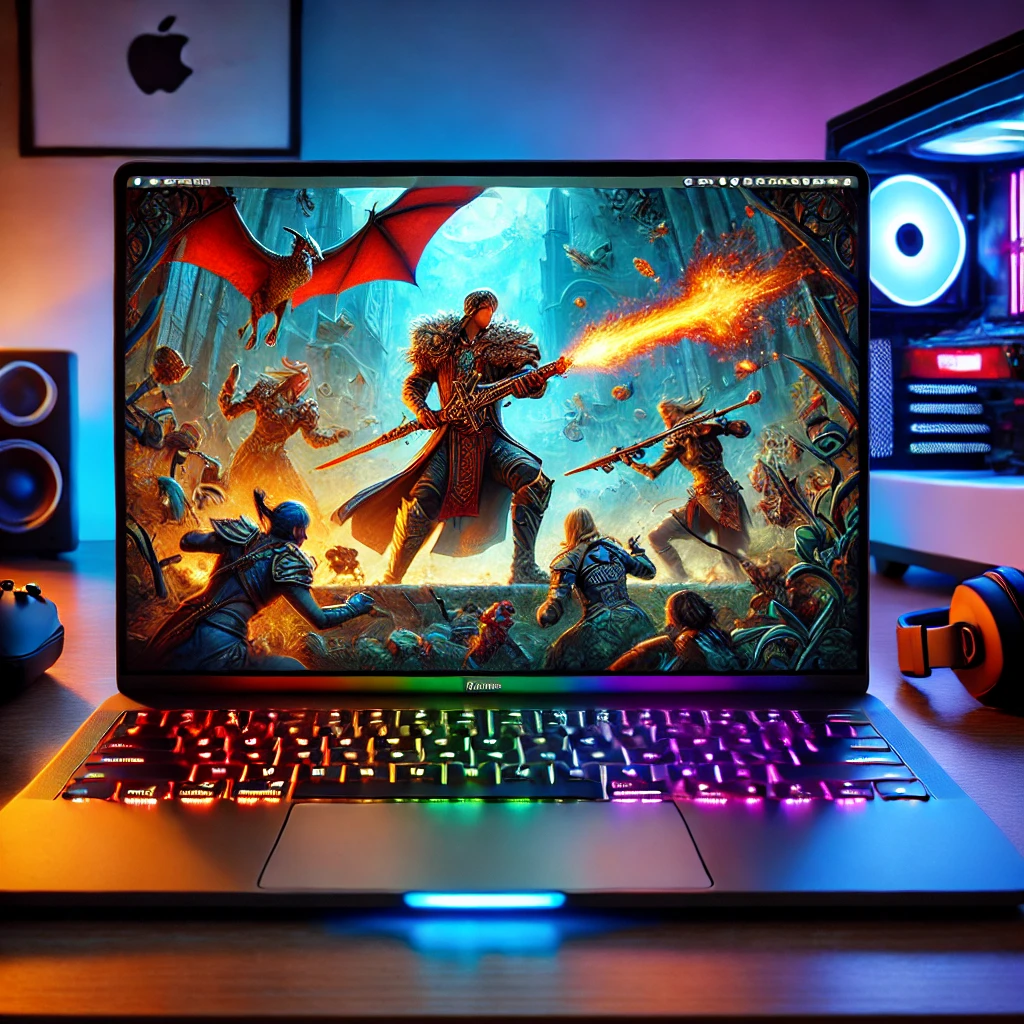Table of Contents Show
As we step into 2025, the rapid evolution of technology continues to redefine how we live, work, and interact. Many technologies that seemed like science fiction a few years ago are now on the cusp of mainstream adoption. Here, we explore the key trends and innovations likely to become an integral part of our everyday lives this year.
1. Artificial Intelligence (AI) Everywhere
Artificial Intelligence is no longer confined to tech giants and academic research. In 2025, AI is expected to be embedded across industries and consumer applications. From personalized AI assistants that understand context and intent better than ever before, to advanced AI-powered tools in healthcare, finance, and education, the technology is poised to touch nearly every aspect of life.
Key Applications:
- Healthcare: AI-driven diagnostics and predictive analytics will aid in early disease detection and personalized treatment plans.
- Retail: AI will enhance customer experiences with hyper-personalized recommendations and dynamic pricing models.
- Workplaces: AI-powered tools will streamline workflows, automate repetitive tasks, and support decision-making processes.
2. The Rise of the Metaverse
The concept of the metaverse gained significant traction in recent years, but 2025 may be the year it truly becomes mainstream. As hardware becomes more affordable and platforms more accessible, virtual spaces will play a pivotal role in social interaction, gaming, and even professional environments.
Why Now?
- Improved Hardware: VR and AR devices are becoming lighter, more comfortable, and cost-effective.
- Corporate Adoption: Companies are leveraging the metaverse for training, virtual meetings, and collaborative projects.
- Consumer Engagement: Virtual concerts, immersive shopping experiences, and digital art galleries are attracting more users.
3. Quantum Computing Breakthroughs
While quantum computing has been largely confined to research labs, 2025 could mark the beginning of its commercial viability. Companies like IBM, Google, and startups worldwide are making strides in creating practical quantum solutions.
Potential Impacts:
- Cryptography: Quantum computers could revolutionize encryption methods, necessitating new standards for cybersecurity.
- Drug Discovery: Accelerated simulations could lead to groundbreaking treatments and vaccines.
- Logistics and Optimization: Quantum algorithms will optimize supply chains, reducing costs and environmental impact.
4. Widespread Adoption of 5G and Beyond
The rollout of 5G networks has been ongoing for years, but by 2025, it will achieve near-global coverage, enabling unprecedented connectivity. Moreover, discussions about 6G are already underway, promising even faster speeds and lower latency.
Transformative Effects:
- Smart Cities: Real-time data from IoT devices will enhance traffic management, energy efficiency, and public safety.
- Remote Work: Seamless video conferencing and cloud collaboration will become the norm.
- Autonomous Vehicles: Ultra-reliable low-latency communication will support self-driving cars and drones.
5. Energy Innovations
The global push for sustainability is accelerating advancements in energy technology. By 2025, renewable energy sources, battery technologies, and grid innovations will significantly reshape the energy landscape.
Innovations to Watch:
- Solid-State Batteries: Promising longer lifespans and faster charging, these batteries will revolutionize electric vehicles (EVs).
- Green Hydrogen: As a clean energy source, hydrogen will power industries and transportation.
- Smart Grids: AI-integrated grids will optimize energy distribution and reduce waste.
6. Biotechnology Revolution
Biotechnology is set to make leaps in 2025, with breakthroughs in gene editing, synthetic biology, and regenerative medicine. These advancements will address pressing challenges in healthcare, agriculture, and sustainability.
Game-Changing Developments:
- CRISPR: Enhanced gene-editing tools will offer solutions for genetic disorders and crop resilience.
- Lab-Grown Meat: Mainstream availability of cultured meat products will transform food consumption.
- Personalized Medicine: Tailored treatments based on genetic profiles will improve patient outcomes.
7. Decentralized Finance (DeFi) Goes Mainstream
Decentralized finance has been a buzzword in the tech and crypto communities, but by 2025, it is expected to break into the mainstream financial system. Offering transparency, reduced costs, and global accessibility, DeFi solutions will attract both individual users and institutions.
Key Developments:
- Stablecoins: These will bridge the gap between traditional finance and crypto, offering stable value.
- Smart Contracts: Automated agreements will streamline processes like insurance claims and real estate transactions.
- Regulation: Clearer guidelines will provide legitimacy and encourage wider adoption.
8. Wearable Technology Evolution
Wearables have moved far beyond fitness trackers. By 2025, smart wearables will integrate seamlessly into our lives, offering advanced health monitoring, productivity tools, and augmented reality features.
Emerging Trends:
- Health Monitoring: Continuous glucose monitors, stress trackers, and sleep analyzers will become common.
- AR Glasses: Lightweight AR wearables will overlay information onto the real world.
- Fashion Tech: Smart fabrics and adaptive clothing will merge technology with style.
9. Robotics in Everyday Life
Robots are transitioning from industrial settings to domestic and service-oriented roles. By 2025, affordable and versatile robots will assist with household chores, caregiving, and hospitality services.
What to Expect:
- Home Robots: Devices for cleaning, security, and companionship.
- Healthcare Robots: Assistance for elderly care and physical rehabilitation.
- Retail Robots: Inventory management and customer service automation.
10. Blockchain Beyond Cryptocurrency
Blockchain technology is evolving beyond its association with cryptocurrencies, finding applications across industries. By 2025, decentralized systems will drive innovations in supply chain management, digital identity, and data security.
Prominent Use Cases:
- Supply Chain Transparency: Ensuring authenticity and ethical sourcing.
- Digital Identity: Secure, decentralized IDs for online and offline verification.
- Data Sharing: Blockchain-based systems to protect user privacy while enabling data-driven innovations.
11. Advanced Autonomous Systems
Autonomous technologies are progressing rapidly, moving beyond vehicles to include drones, robots, and industrial systems. In 2025, autonomous systems will significantly impact logistics, agriculture, and urban mobility.
Major Applications:
- Drones: For delivery services, surveillance, and agriculture.
- Self-Driving Trucks: Revolutionizing freight transportation.
- Smart Farms: Autonomous machinery and AI-driven analytics for efficient farming.
12. Ethical and Responsible Tech
As technology integrates more deeply into society, ethical considerations are becoming paramount. In 2025, companies will focus on building transparent, inclusive, and responsible technologies.
Key Focus Areas:
- AI Ethics: Ensuring fairness, accountability, and transparency in AI systems.
- Data Privacy: Empowering users with greater control over their data.
- Sustainability: Prioritizing eco-friendly practices in tech development.
Conclusion
2025 promises to be a transformative year, as these technologies transition from niche innovations to mainstream staples. While these advancements bring immense potential, they also come with challenges – from ethical dilemmas to regulatory hurdles. As we embrace these technologies, a balanced approach that prioritizes human well-being and sustainability will be key.
Stay tuned as these trends unfold, shaping the future of our connected world.









